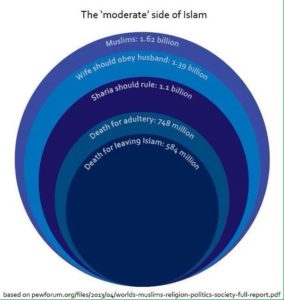No Orthodox Jew fully lives up to the demands of Orthodox Judaism.
A lenient ruling here means there’s one less thing Orthodox Jews are doing that breaks the Torah.
If you won’t use a key card on Shabbat, you are going to cause major inconvenience and aggravation for the hotel. After a certain level of aggravation is reached, goyim won’t want Jews around.
Forward: Consider the key card: a piece of plastic no bigger than a business card, flimsy and seemingly innocent. And yet it’s also possibly the trigger to a cascade of changes that could transform the experience of the Sabbath by making a bevy of other devices, from iPads to stoves to cars, permissible on the traditionally low-tech day of rest.
That’s the discussion that has been making the rounds in some Orthodox circles the past few weeks, after a recent rabbinical ruling loosened the prohibition on the use of a magnetic key card in, for example, a hotel on the Sabbath.
“It was a long battle, Shabbat fought back valiantly, but she ultimately lost the fight against technology,” Ysoscher Katz, head of Talmud studies at Yeshivat Chovevei Torah, an Orthodox rabbinical seminary in the Bronx, wrote on his public Facebook page.

